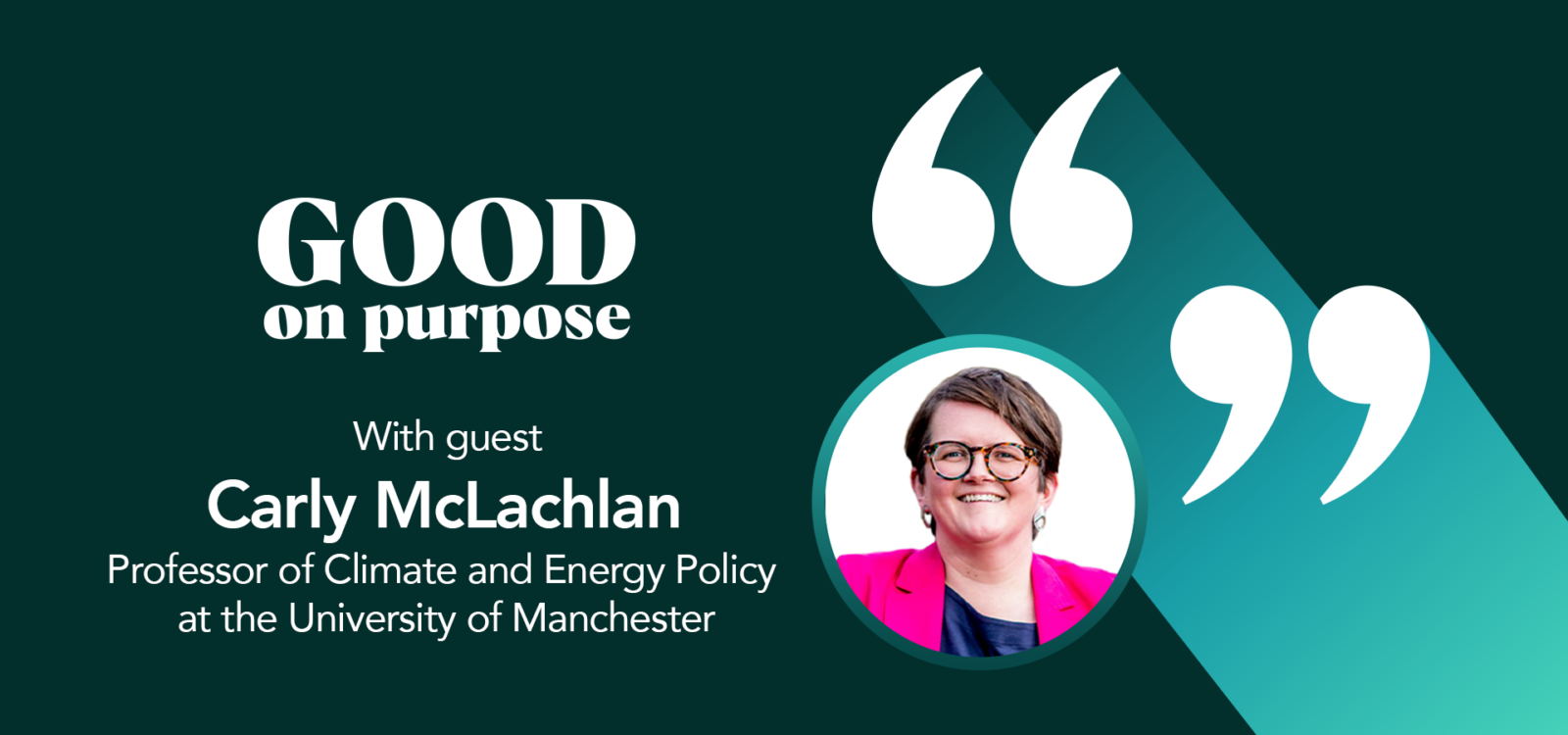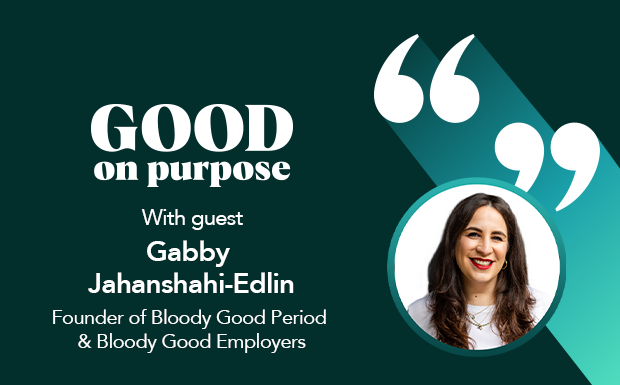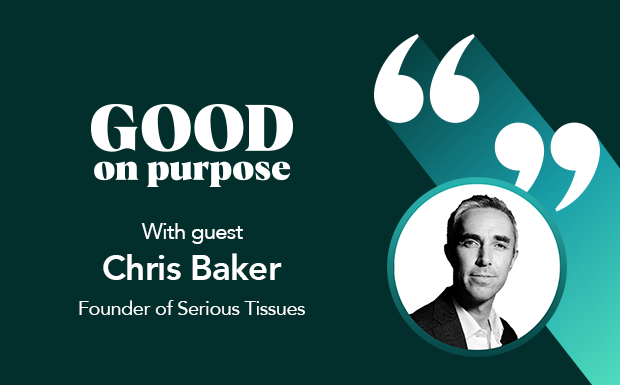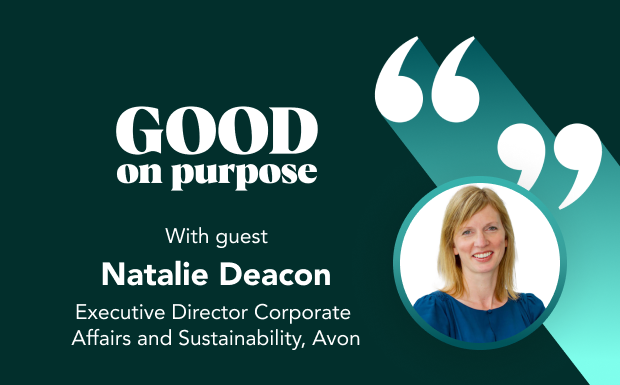
Carly McLachlan on: The Climate Emergency
This episode features Carly McLachlan, Professor of Climate and Energy Policy at Manchester University. She’s also a director at Tyndall, a Centre for Climate Change Research. Recorded just after news broke about Prime Minister, Rishi Sunak’s approval of over 100 new oil and gas licences, we hear Carly’s opinion on the harsh reality of what this means and how we can remain hopeful for change in the future.
Where does responsibility lie?
This debate rages around, over and over again, with people arguing about whether we need system change or individual change. I think it’s both.
I think that we must be critical of some of the things those benefiting from existing structures are saying and look at their track record and how they engage in shaping those debates.
So, whilst I agree that fossil fuel companies are likely to play a central role in financing the Green Revolution, I don’t think it is for them to set the urgency, ambition, pace, and shape of the solution because we know that many of these organisations have actively funded disinformation about climate change in the past. We must keep our eyes wide open, particularly (concerning) politicians, so that the discussions around what is possible and what is necessary, is not entirely controlled by people who have an interest in slowing the pace down.
Suppose you want to be a citizen playing a part in delivering Net Zero. In that case, some things are very intensive regarding greenhouse gases, (that is) you need to engage more critically with how you consume them. Flying is a perfect example of this. We tend to be surrounded by people who consume like we do. So, if you’re hanging out with people that fly five times a year, you think that’s just what everybody does. It’s not. We need to be talking about the fact that you’re taking a much bigger bit of that carbon budget than other people. That’s not to say don’t fly at all; I think it’s much more about making sure, if you’re flying, that there isn’t an alternative – like a virtual meeting or going on the train. Also, make the most of going on a trip, so you’re not flying for a one-day conference or a two-day shopping trip to New York.
Joining forces to innovate for our future
This is where I have the most hope and a lot of positivity, seeing people making partnerships and using all the agency they have to make something happen. We’ve worked on live music decarbonisation, working with Massive Attack, who wanted to decarbonise their tours and see how they can positively influence the sector more widely. One example is that they have been conversing with rail companies to charter trains, changing their timetables to line up with gig tickets. They bring their creative energy and experience with touring to speak to local authorities and businesses to change rules for parking during their gigs and other incredibly innovative work.
We have worked with another group, Act 1.5, who have put together model licencing conditions for local authorities. Local authorities have a lot of power and are declaring a climate emergency, but then letting events happen without stringent environmental standards without a ratcheting down of the emissions of those events. So, they (Act 1.5) take these standards to show them what steps they can take.
All ideas are welcome to tackle the crisis
People can see (how frightening the crisis is) now, and people are being awakened to it, especially with the extreme heat this year in parts of Europe. So, if you want to get involved now, you might bring different ideas and networks. Because what we have been doing hasn’t worked yet for that transformation. That’s why, for people like me who have worked in this area for 20 years, you’ve got to keep your mind open to people with new ideas.
The traditional academic model of; we’ll work out what the problem is, we’ll come and tell you about it, we will speak truth to power, and then the politicians will do something about it – has not affected global emissions reduction we need. So, we should be in a space where all ideas are welcomed on how we can accelerate things.


